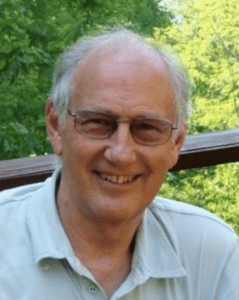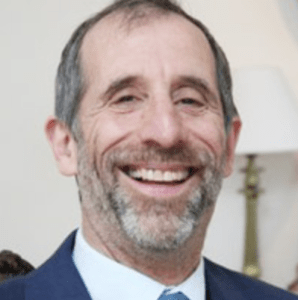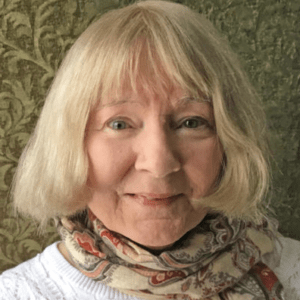
Transcendental Meditation: An Antidote to Violence?
With Barry Spivack, Patricia Williams &
David Orme-Johnson PhD
What is the potential influence of collective meditation on world peace?
Join three experts on the Maharishi effect for a fascinating exploration of an evidence–based approach to world peace by creating coherence in collective consciousness.

The COVID-19 pandemic has put societies everywhere under extreme stress, and collective stress is often a precursor to outbreaks of violence. Striking features of this global health crisis have been the collective anxiety of the population, the wide variations in the way governments have responded, and the varying degree of their success. High levels of collective anxiety and social tension create systemic incoherence in our collective consciousness.
While there is significant scientific research showing that meditation has a positive influence on the health and wellbeing of individuals, is there any evidence that large-scale meditation can have a similar influence on societies in reducing stress and levels of violence?
“Yes” is the surprising inference from the authors of a new book, An Antidote to Violence: Evaluating the Evidence, that provides documented peer-reviewed evidence of its efficacy.
Weaving together psychology, sociology, philosophy, statistics, politics, physics and meditation, the book provides evidence that we have the knowledge to reduce all kinds of violence in society by creating coherence in collective consciousness and thereby neutralising collective stress.
“I was initially sceptical that such a simple solution could be effective. However, after examining the evidence, I changed my mind. ‘An Antidote to Violence’ is a serious and well-researched book that offers an unconventional but effective peaceful solution to violence and terrorism.” – Lieutenant General Clarence E. McKnight, Jr, Former Director of Command, Control and Communications Systems for the Joint Chiefs of Staff, Washington DC.
Speakers
-
 David W. Orme-Johnson
David W. Orme-JohnsonDavid W. Orme-Johnson, PhD is Professor Emeritus of Psychology, Maharishi International University. He is currently the Research Desk of the Maharishi Foundation. In this role, he is the primary person who answers questions about the research on the Transcendental Meditation technique, sending papers, summaries, and charts to TM teachers, writers, and professionals around the world, as well as continuing to conduct original research, publish papers, and represent the research in international conferences. He maintains a website, which answers questions about the research and summarises new results. Dr Orme-Johnson is one of the first and most prolific researchers on the Transcendental Meditation technique, with over 100 scientific papers in the field. Over the last 50 years, Dr. Orme-Johnson has presented the research on TM in over 50 countries.
-
 Barry SpivackTeacher of Transcendental Meditation
Barry SpivackTeacher of Transcendental MeditationBarry Spivack studied Philosophy, Politics and Economics at Oxford University before training as a teacher of Transcendental Meditation. For 25 years he combined working in industry with teaching Transcendental Meditation part time. He currently teaches Transcendental Meditation in Essex, mainly in schools, companies, to patients in the UK National Health Service and is leading a small project in the UK armed forces. His previous book, An Antidote to Violence: Evaluating the Evidence, was co-authored with Dr Patricia Saunders.
-
 Patricia Saunders
Patricia SaundersPatricia Saunders studied music before training as a teacher of the Transcendental Meditation technique. She is now a PhD researcher in the department of Consciousness and Human Potential at Maharishi University of Management, researching into consciousness and Vedic sound from the perspective of the Vedic tradition of knowledge.
